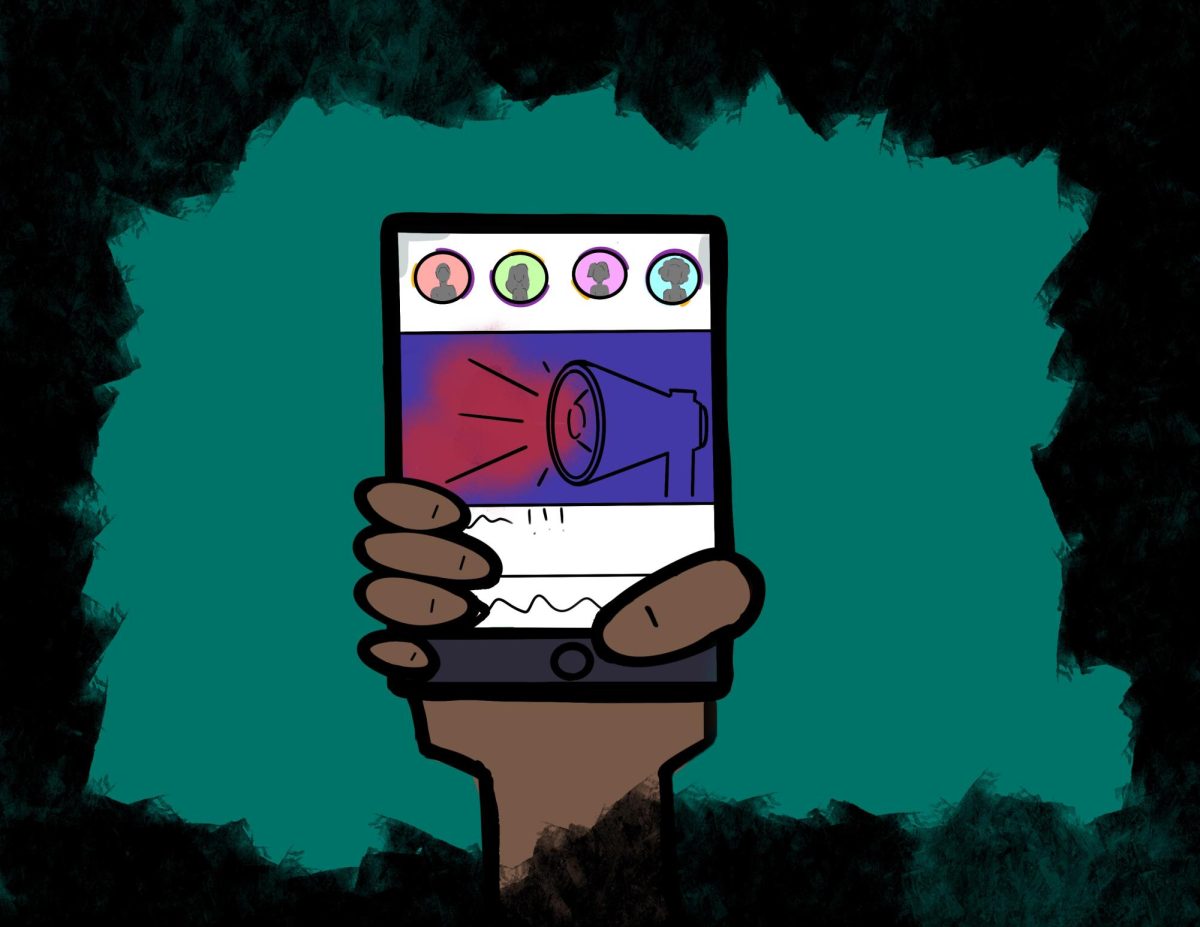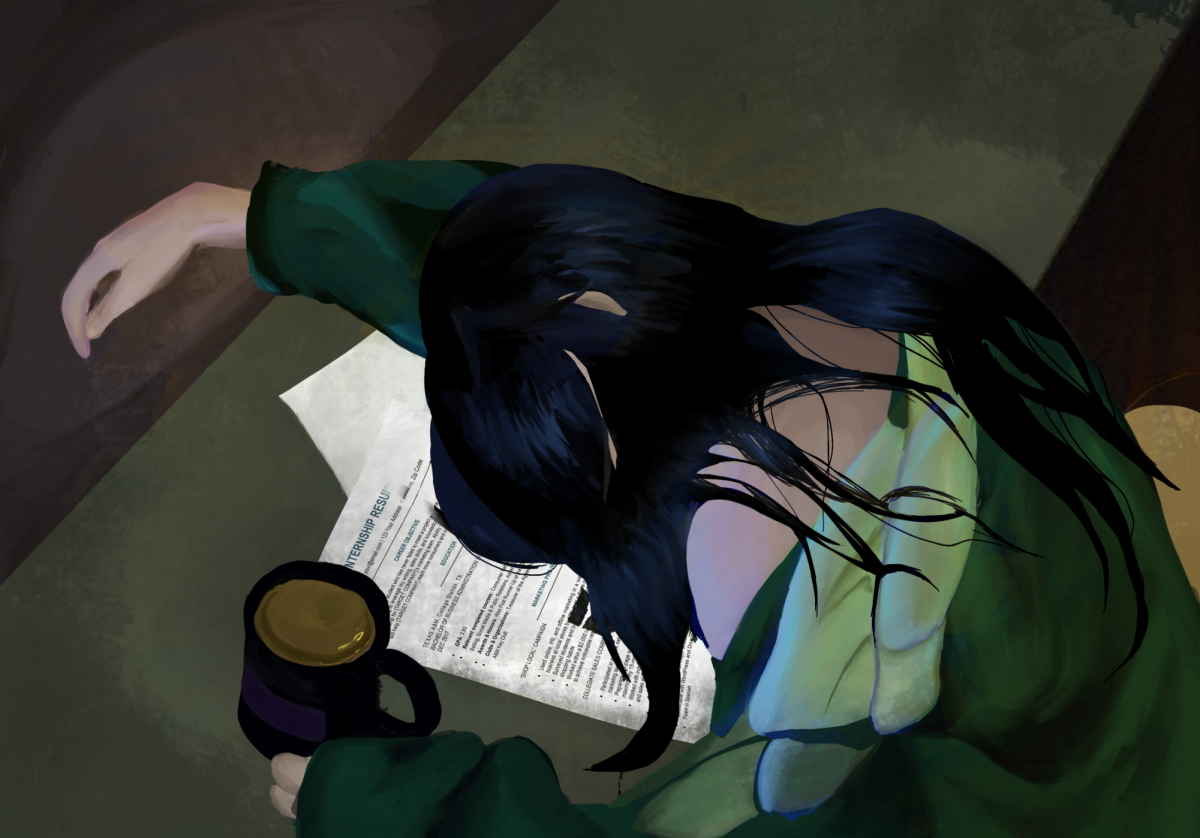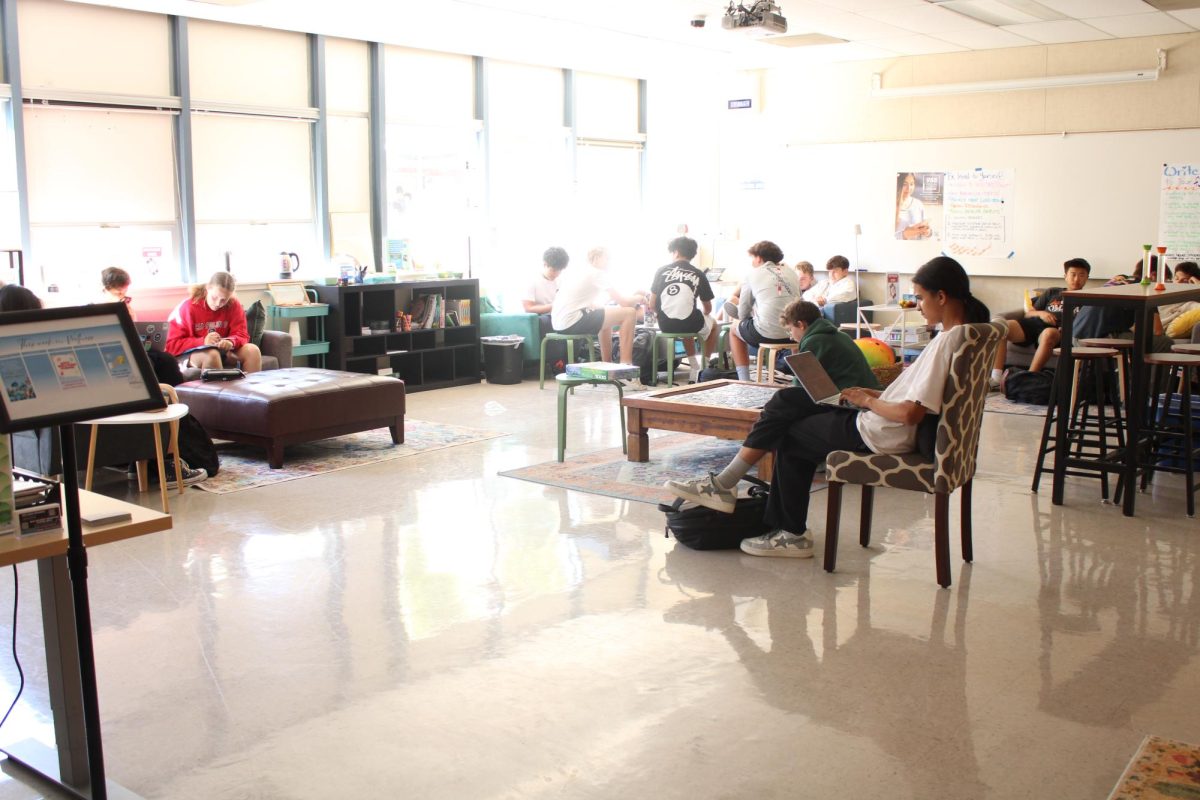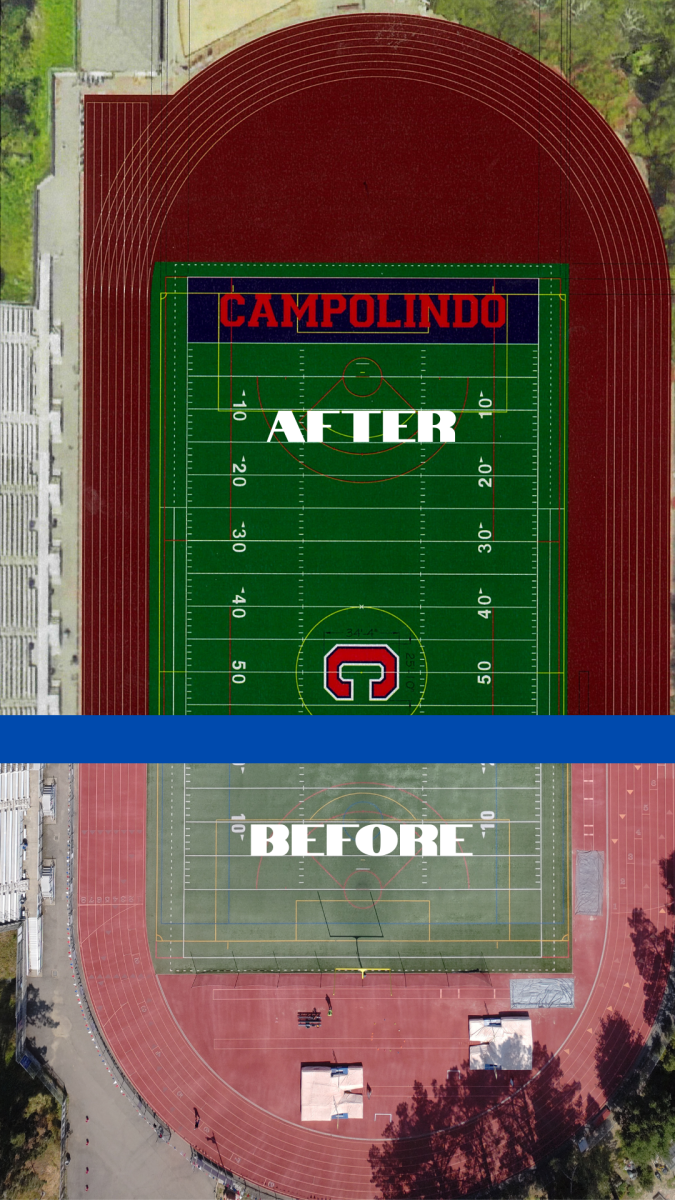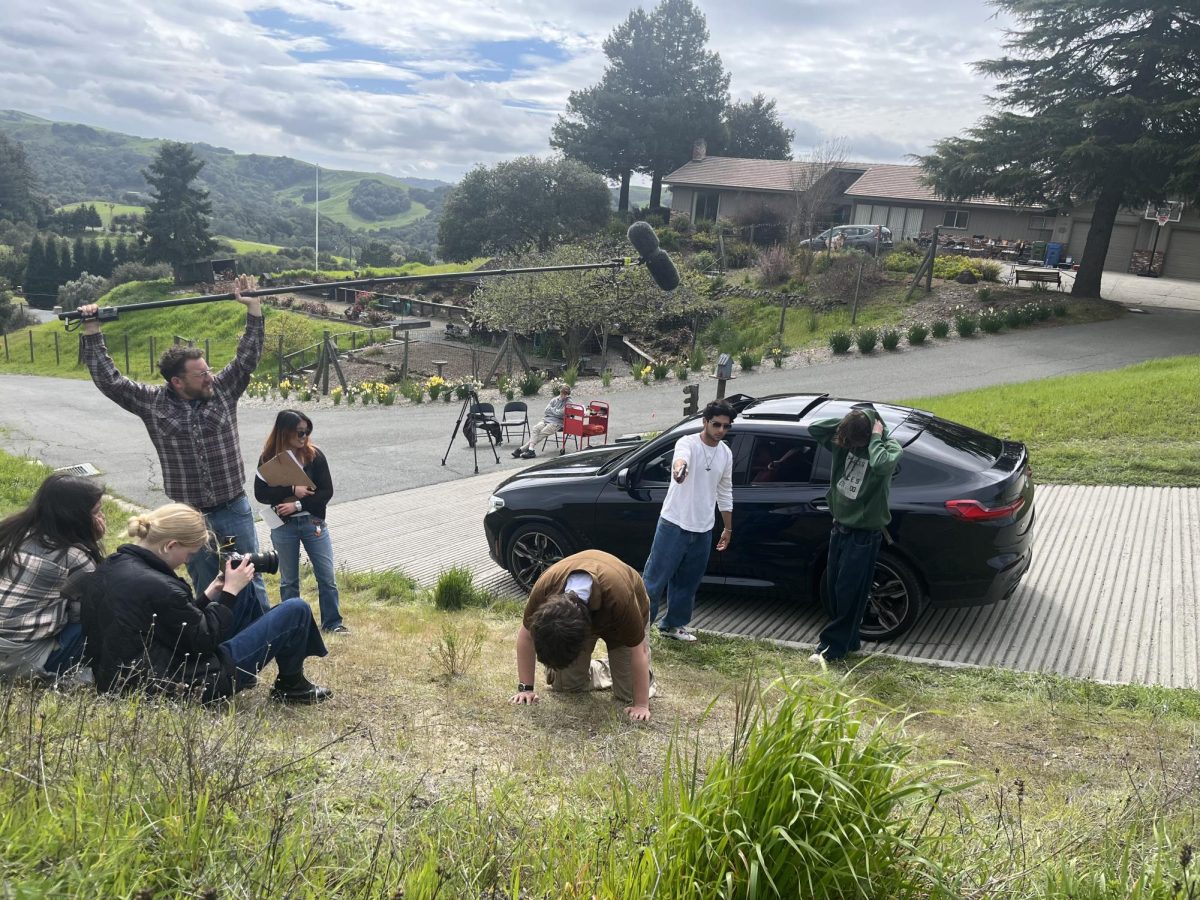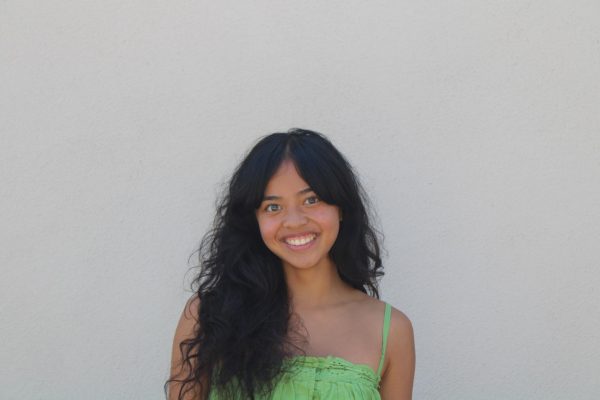Last year, Campo celebrated their all-time record of 137 Clubs signed within the school, deeming it an impressive feat. With similar numbers reached this year, new and old groups – from academic and affinity to hobby clubs – are being created with the sole purpose of serving students and the community as a whole.
“I’ve made a lot of friends and it’s really shaped my determination and helped me grow as a person,” said senior Academic Decathlon and community outreach member Nicole Buchman. Buchman has been a member of Academic Decathlon for the past three years and feels she has been able to learn a lot from the club such as team collaboration as well as time management.
Yet while clubs like Academic Decathlon, Speech & Debate, and Mock Trial have all been clubs with longtime standings and established repertoire which have left little room for competition, several clubs which have budded over recent years through the sophomore and junior extracurricular check box have noticeably created an increased repetition in subject within the club system.
Evident club subject repetition, which can be viewed through the list of Campo’s clubs on their Google Spreadsheets, makes it clear that Campo students aren’t as interested in cultivating a community as they are holding a presidential position.
One group driving this narrative is Campo’s biology clubs. Campo has five biology clubs – two of which participate in the same BioOlympiad and Bioengineering competitions. Two of these clubs even share the same name.
This repetition follows other types of clubs too. Medical, food, coding, and service clubs can be found in the multiples, often heavily overlapping one another. “I know my friend wanted to make a volunteer club but there were already like 10+ volunteer clubs at Campo,” said Campo Thrift Club president, junior Julian Leuder. “…So he didn’t really go through with that.”
It’s unsurprising that in a school which drives competition and comparison, these cultural values have ebbed into the spaces which we use for recreation, collaboration, and community. By allowing the continuity of similar clubs, individual priorities and superficial activism have trumped means for sustainable long-lasting progress which could greatly benefit our campus as well as our surrounding communities.
Long time clubs such as Academic Decathlon prove the benefits of collaboration over a unified cause which they greatly attributed to the members before them and the passing of time.
“They set the precedent for the next year of leadership as well as the team… We ended up winning regionals for our division and winning a ton of medals at state,” stated Buchman when asked about how past club leadership had contributed to her club’s success. “[They] set the bar and bring the energy, they’re able to get us hyped… [Leadership] and Mr. Verbanskzy does this really well.”
Mock Trial has also had similar successes in the past years such as winning county as well as making state finals. Junior Darya Inamova has been a Mock Trial member for 3 years and states that she feels that previous members also set a high bar for their incoming underclassmen. “They were very professional and very developed in their techniques… I really feel like I push myself so I don’t fall behind.”
Due to the examples of those before them, new members of experienced clubs are encouraged to work hard to maintain senior expectations. This idea of strong camaraderie under a common interest can be found lackluster when overlapping clubs force students to make decisions regarding which club to choose when they all have similar values and lack of legacy.
For example, service clubs usually offer similarity in opportunity and possibility. Some students feel as though Campo community service clubs offer an overbearing amount of opportunities, believing that the frequent overlap has led to an overall menial impact which comes off as performative rather than productive.
When asked her opinion about clubs’ general impact on communities, Inamova stated, “I feel like it’s kind of a front. I feel like a lot of these clubs don’t have a lot of impact on our community. They try to but I feel like they don’t really have the power to just as clubs. I haven’t seen a lot of impact.”
It’s important to note that not all clubs face such overlap. Hobby clubs such as Leuder’s thrift club, founded this past fall, gives students opportunities to join ‘more niche’ communities and enrich themselves through sharing their common interests with others. “Our main goal is to educate people on how to thrift and the environmental and economical benefits of thrifting.” said Lueder.
Leuder believes that while he feels that many Campo clubs have been created for the title and prestige due to Campo’s highly competitive academic culture, their creation still does merit benefit. “I feel like almost everyone is a part of a club. If everyone is a part of a club, then you meet new people.”
Inamova concludes with similar sentiment stating that “As long as people enjoy it and it brings the community together, then go for it.”
While clubs which overlap with each other do maintain validity due to their more ‘sectional’ focuses, it is crucial that more students practice collaborative efforts instead of division to benefit and create greater impact in the Campolindo community.

